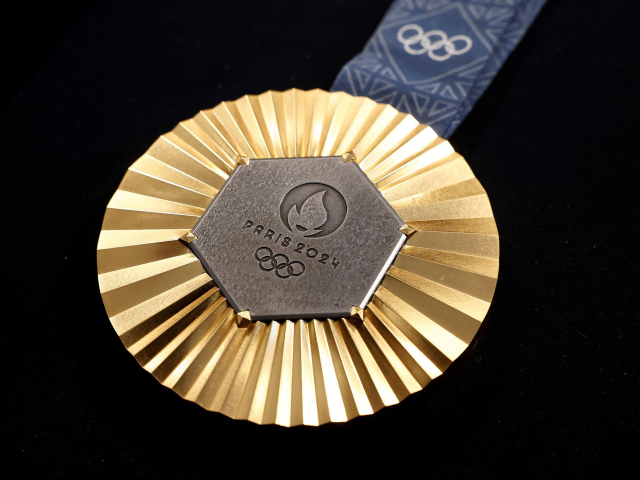
Eiffel Tower-inspired medals
For the 2024 Olympics, over 5,000 medals have been crafted, each incorporating a piece of the actual Eiffel Tower, weighing 18 grams and shaped into a hexagonal metal element that echoes France's outline. Additionally, the iconic image of the Eiffel Tower graces the back of all medals, a design courtesy of the renowned French jeweler, Chaumet.
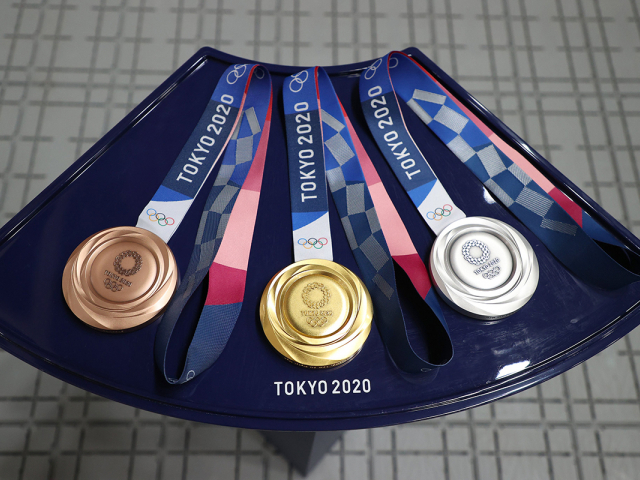
Eco-friendly medals from electronic waste
The Tokyo 2020 Olympics featured medals made from recycled electronic devices, including mobile phones and laptops, in a nationwide effort to collect e-waste in Japan. This initiative amassed over 78,000 tons of recyclable material, including 6 million phones. Each medal, crafted from this unconventional material, bore a spherical emblem styled after the traditional Japanese ichimatsu pattern, signifying unity and interconnectedness.
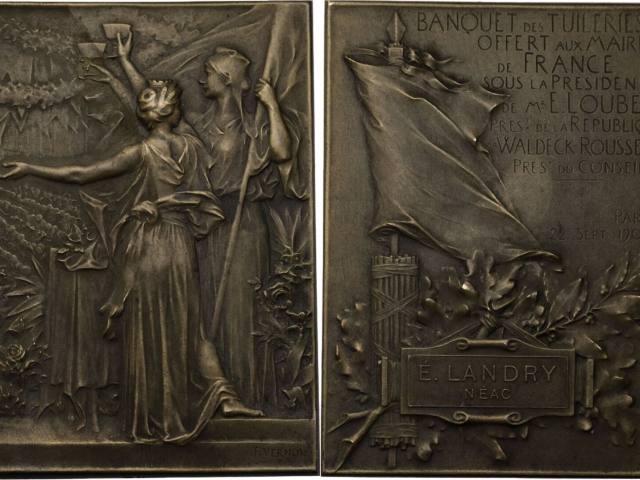
Rectangular medals
The 1900 Paris Olympics broke the mold with rectangular medals, a first and only in the Summer Games' history. Subsequently, the Olympic committee standardized the circular shape for medals. The 1900 awards featured Nike, the victory goddess, over Paris, and the reverse showed an athlete with a laurel wreath against the Athenian Acropolis backdrop. One of these rare medals was priced at about $7,000 at a 2021 auction.

Square medals
The 1972 Winter Olympics in Sapporo introduced square medals, leveraging the IOC's round medal requirement solely for summer events. These medals, slightly rounded at the edges, showcased snowflakes and Olympic rings on one side and a unique ski track design on the other.
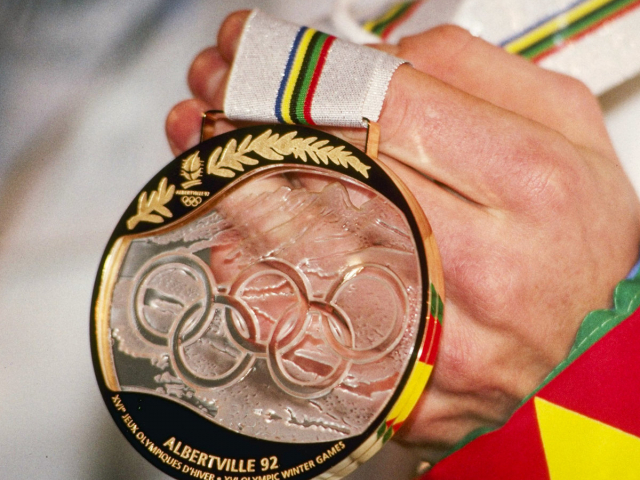
Glass medals
At the 1992 Winter Olympics in Albertville, France, athletes were awarded medals that partially consisted of glass, enhanced with gold, silver, and bronze elements, a first in Olympic history. The meticulous creation involved a team of 35 working for hundreds of hours to produce the 330 medals, each engraved with the Olympic rings set against a valley backdrop.
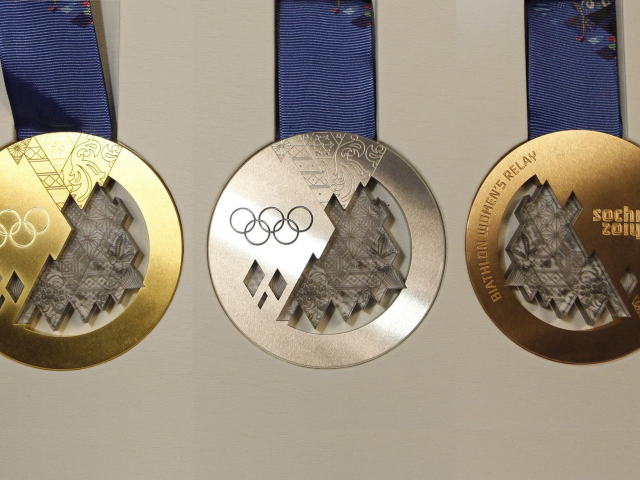
Meteorite-dusted gold medals
The Sochi Winter Olympics in 2014 introduced medals featuring a unique mosaic design reflecting Russia's cultural diversity and landscapes, along with a batch of gold medals containing meteorite dust, commemorating the anniversary of the Chelyabinsk meteorite fall.

Holed medals
In 2006, the Winter Olympics in Turin awarded medals with a central hole, symbolizing Italy's public squares as focal points of communal life. Each medal's reverse side was distinct, featuring sport-specific pictograms.
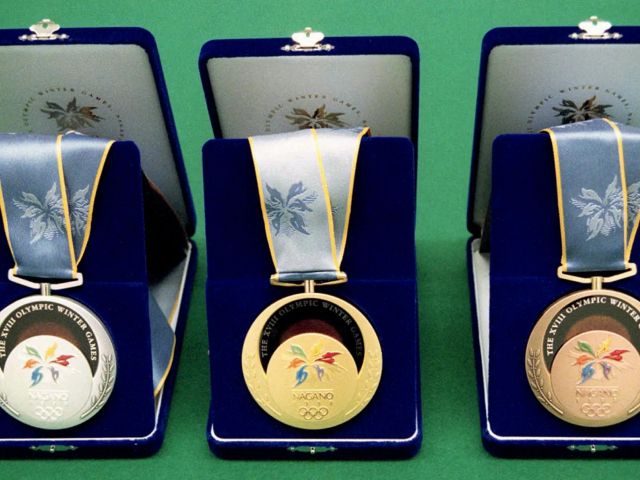
Colorful medals
The 1998 Winter Olympics in Nagano stood out with its use of vibrant colors in medal designs, showcasing a floral motif representing athlete unity across disciplines, applied using the ancient Maki-e technique for a glossy finish.
 English
English 
 Русский
Русский Bahasa Indonesia
Bahasa Indonesia Bahasa Malay
Bahasa Malay ไทย
ไทย Español
Español Deutsch
Deutsch Български
Български Français
Français Tiếng Việt
Tiếng Việt 中文
中文 বাংলা
বাংলা हिन्दी
हिन्दी Čeština
Čeština Українська
Українська Română
Română
